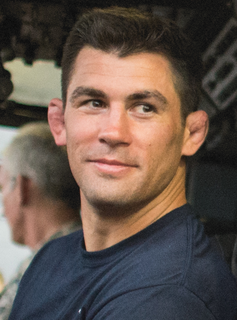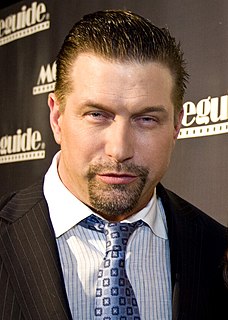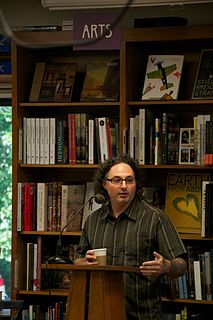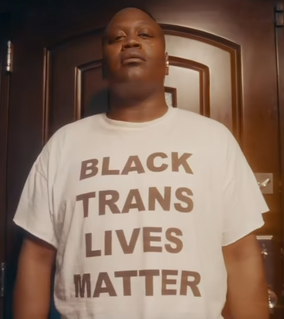A Quote by Sue Monk Kidd
At forty-two, I had never done anything that took my own breath away, and I suppose now that was part of the problem--my chronic inability to astonish myself. I promise you, no one judges me more harshly than I do myself; I caused a brilliant wreckage. Some say I fell from grace; they're being kind. I didn't fall. I dove.
Related Quotes
I marvel at how good I was before I met him, how I lived molded to the smallest space possible, my days the size of little beads that passed without passion through my fingers. So few people know what they're capable of. At forty-two I'd never done anything that took my own breath away, and I suppose now that was part of the problem - my chronic inability to astonish myself.
For a long time now I haven't existed. I'm utterly calm. No one distinguishes me from who I am. I just felt myself breath as if I'd done something new, or done it late. I'm beginning to be conscious of being conscious. Perhaps tomorrow I will wake up to myself and resume the course of my existence. I don't know if that will make more happy or less. I don't know anything.
It is true to say that for me sanctity consists in being myself and for you sanctity consists of being yourself and that, in the last analysis, your sanctity will never be mine and mine will never be yours, except in the communism of charity and grace. For me to be a saint means to be myself. Therefore the problem of sanctity and salvation is in fact the problem of finding out who I am and of discovering my true self.
I traveled the world ten times over doing something I never thought I'd do in a million years. I found myself in Tokyo, Japan. I (was in) a Dell Computer commercial, the first thing I had ever done, and I fell in love with it. I fell in love with the green screens, I fell in love with (everything). The translator was explaining everything to me. It was a passion like I had never felt before. I came back and it took me five years to really accept that that was okay.
I grew up with an absolutely horrible, debilitating stutter, and it was what caused me to retreat into myself and caused me to have very few friends and not want to socialize, and it made me absolutely terrified of giving reports in school. It was awful. It wasn't until I was 19 that I had intensive speech therapy. I had it for two years and it really helped, though I will say when I'm tired, the stutter comes out, even now.
I really comprehend the fact that some of what I have to say sounds a little weird. But the more and more I purge myself of the stuff that had my focus so turned away from God, the more I shred myself, the more I have a greater connection to God. And what I know now that I didn't know then is that's why I'm here.
I think I kind of approached music with this sort of, like, weird thing where I kinda set myself up where I could kinda be myself but not really. I kinda had a backdoor out. So if you criticized me, I kinda had my defenses working. And the problem is that some people seize on that as inauthenticity, which is understandable. So that's painful because it's not that you're being inauthentic...there's a difference between being a poseur and being someone who's so emotionally challenged they're kind of just doing their best to show you what they've got.
I went mainstream in a major way with the song "Let's Dance." And what I found I had done was put a box around myself. It was very hard for people to see me as anything other than the person in the suit who did "Let's Dance," and it was driving me mad - because it took all my passion for experimenting away.
I had literary interests my whole life. I decided at the age of five I was going to be a writer. So I had done a great deal of reading. I suppose I was more at home in Greenwich Village than, say, any of classmates from Warsaw High School. But in any case, it was an overwhelming experience for me. It took me some time to begin to assimilate it.
When I saw him look at me with lust, I dropped my eyes but, in glancing away from him, I caught sight of myself in the mirror. And I saw myself, suddenly, as he saw me, my pale face, the way the muscles in my neck stuck out like thin wire. I saw how much that cruel necklace became me. And, for the first time in my innocent and confined life, I sensed in myself a potentiality for corruption that took my breath away.
If I was feeling angry, I had to investigate not just who or what I was angry at, but why. And then I had to do the hard part and ask myself: Are you justified in where your anger is being directed? So, while I allowed my emotions to be valid, I knew that if I were to use them constructively, in the service of art, then I had to look at them dispassionately. Some might call this therapy, and I suppose it was. But I also had a goal that was larger than just healing myself, which was connecting to an audience.





































